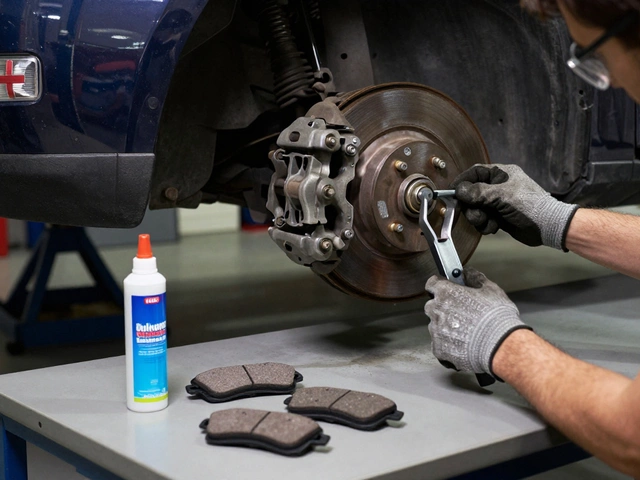Oil Longevity: How Long Engine Oil Really Lasts and What Happens When It Doesn't
When you think about oil longevity, how long engine oil stays effective before it breaks down and loses its protective qualities. Also known as oil life, it’s not just about miles or months—it’s about what’s happening inside your engine. Many drivers assume if their car says "oil change due in 3,000 miles," that’s the rule. But modern oils, especially synthetics, can last far longer—or fail sooner—depending on how you drive, where you live, and what your engine actually needs.
Engine oil, the fluid that coats moving parts, reduces friction, and carries away heat and debris. Also known as motor oil, it’s the lifeblood of your engine. Over time, heat, dirt, fuel dilution, and moisture turn that clean oil into sludge. The additives that keep it working—detergents, anti-wear agents, viscosity modifiers—get used up. You won’t see it turning black right away, but the protection is fading. And if you keep driving past that point, you’re not just risking a repair—you’re inviting premature wear on bearings, pistons, and valves.
Synthetic oil, a chemically engineered lubricant designed to perform better under extreme heat and stress than conventional oil. Also known as full synthetic, it’s the standard for most new cars today. It lasts longer, resists breakdown better, and flows easier in cold weather. But even synthetic oil doesn’t last forever. If you drive mostly short trips in winter, your oil picks up water and fuel that don’t burn off. If you tow heavy loads or drive in stop-and-go traffic, the heat cooks it faster. Your oil-life monitor is a helpful tool, but it’s not magic—it’s based on algorithms, not real-time lab tests. If you’re unsure, check your dipstick. Dark, gritty oil isn’t just dirty—it’s done.
Skipping oil changes doesn’t just mean a dirty engine. It means higher fuel bills, weaker acceleration, and eventually, a seized engine. One study from the American Automobile Association found that vehicles with neglected oil changes had up to 40% more engine wear over 50,000 miles. That’s not a myth—it’s science. And the cost? A $50 oil change vs. a $5,000 engine rebuild.
Oil longevity isn’t about following a calendar. It’s about understanding your driving habits, your car’s needs, and the real signs your oil is giving out. Below, you’ll find real-world guides on spotting overdue oil changes, how often to change oil in the UK, what happens when you overfill, and why some engines eat oil faster than others. No fluff. Just what you need to know to keep your engine running longer, smoother, and cheaper.





